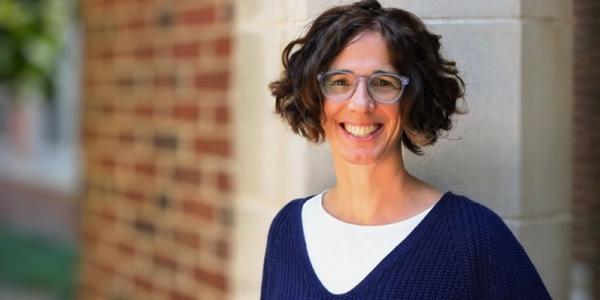Flora Cassen is an Associate Professor in the departments of History and Jewish, Islamic, and Middle Eastern studies. Her work explores diverse facets of early Modern Jewish life.
Prof. Cassen has contributed numerous articles to academic journals and essay collections, creating a body of work that explores various aspects of early modern Jewish life in Italy and the Spanish Empire, including anti-Judaism, dress, travel, espionage, and food.
Her book, “Marking the Jews in Renaissance Italy: Politics, Religion, and the Power of Symbols,” published by Cambridge University Press, explores the history of the yellow badges and hats Jews were compelled to wear in Italy during the fifteenth and sixteenth centuries. In it, she sheds light on the origins and implications of Renaissance anti-Judaism, examining its impact on both Italian Jews and Christians. With a three-year grant from the National Endowment for the Humanities, she is also completing the translation of Joseph ha-Kohen’s “Sefer ha-India ha-ḥadasha” (Book of New India), which is the first book written in Hebrew on the discovery and conquest of the Americas.
Bridging the gap between academia and the general public, Prof. Cassen’s writing has appeared in publications such as Haaretz, Slate, The Conversation, Psyche/Aeon, Smithsonian Magazine, and The Forward. Her forthcoming book on antisemitism will be published by the New Jewish Press, a trade imprint with the University of Toronto Press.
Born and raised in Antwerp, Belgium, Prof. Cassen attended college in Brussels, where she studied history and law. She earned her master’s in comparative history from Brandeis University and a PhD in Jewish history from New York University. Prior to her time at WashU, she taught European and Jewish history at the University of Vermont and the University of North Carolina at Chapel Hill.




